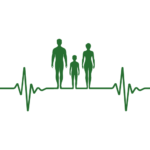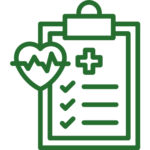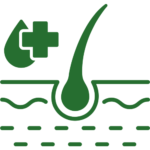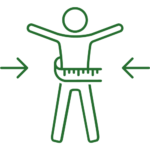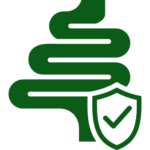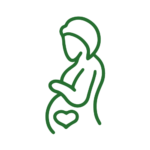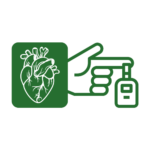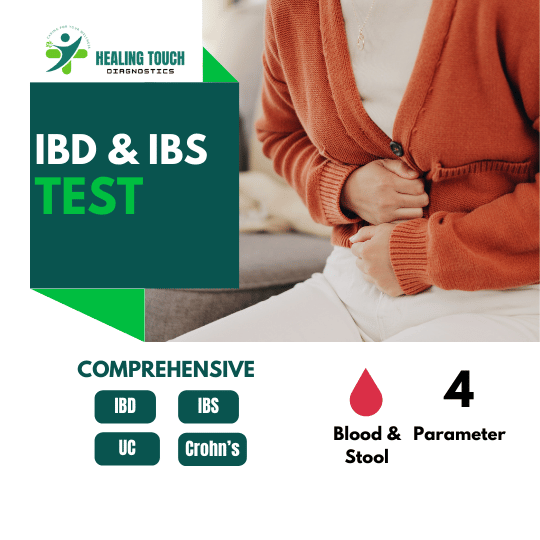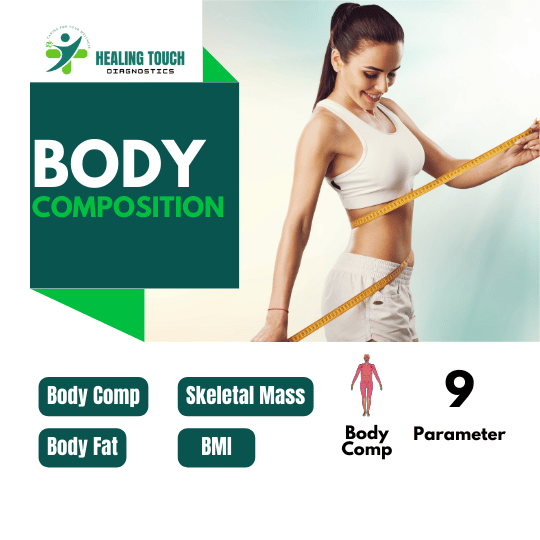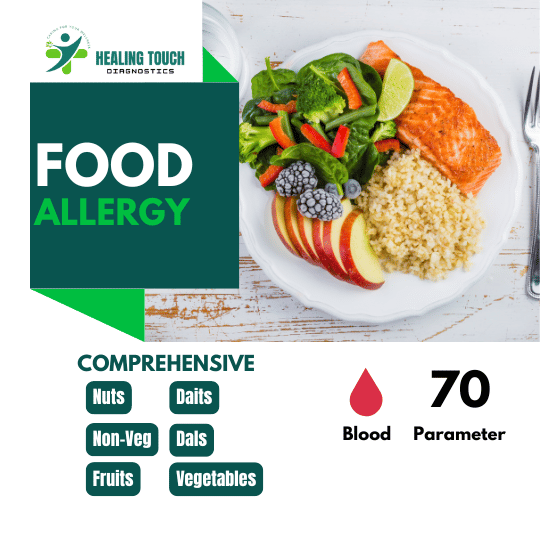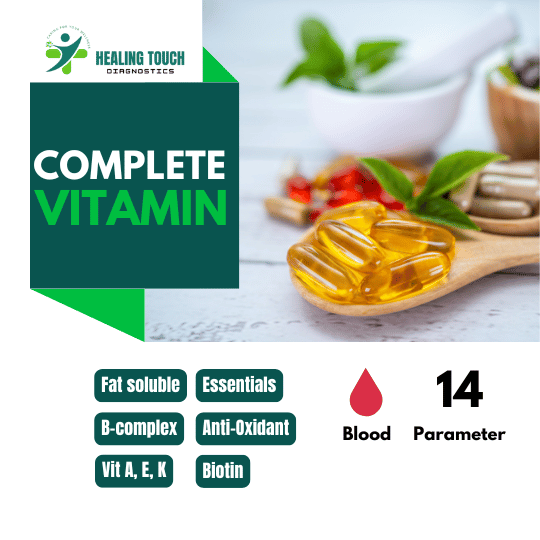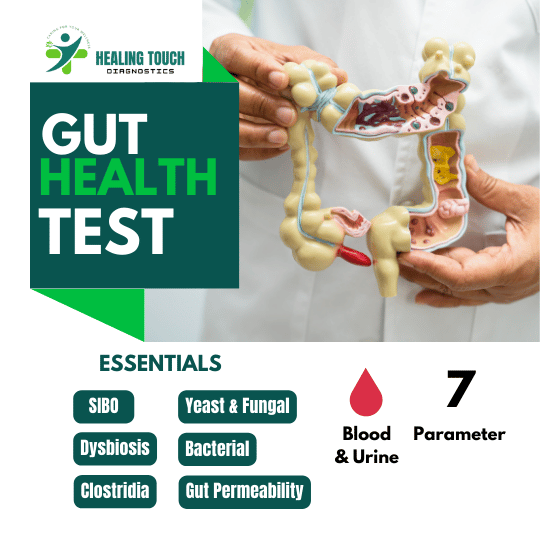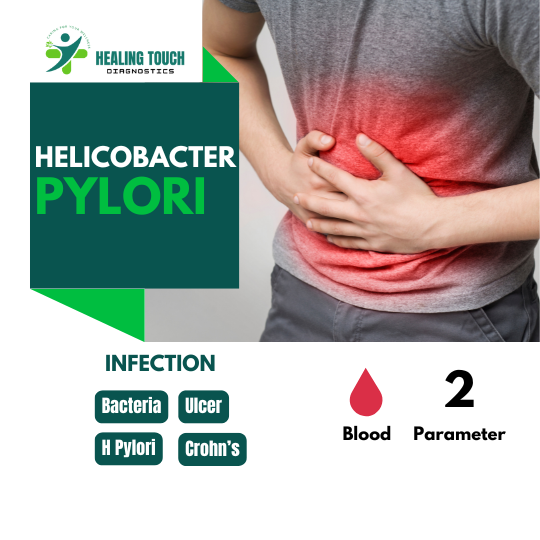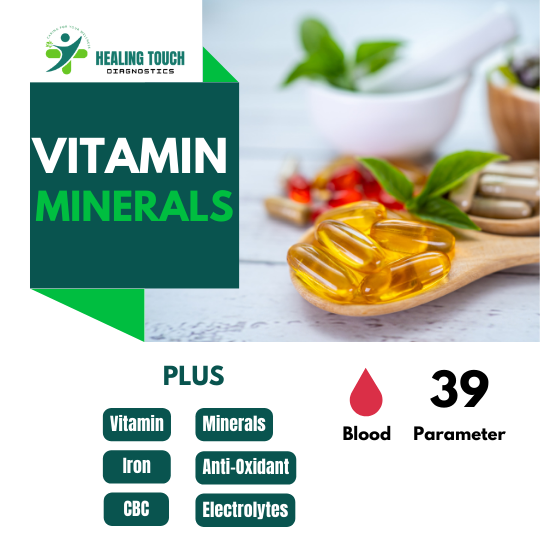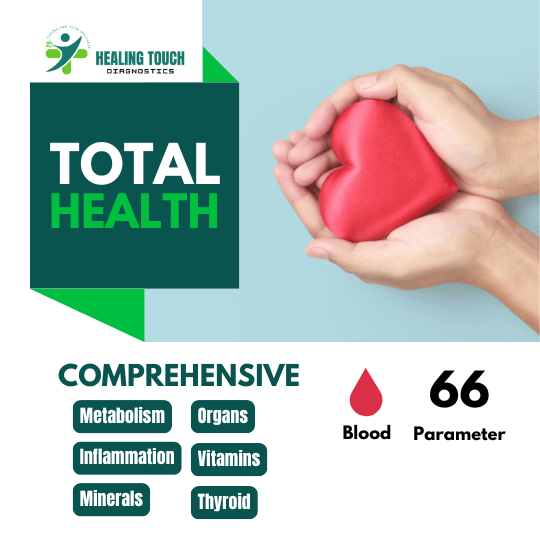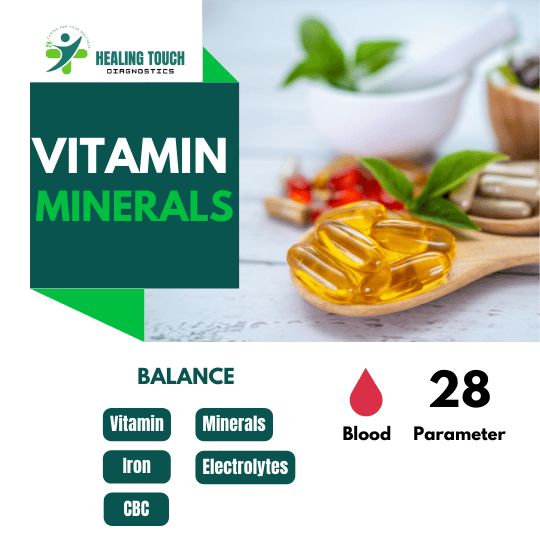
About the Comprehensive IgE Food Allergy Test
The IgE comprehensive food allergy test is a complete 70 allergen testing protocol for anyone looking to understand their food sensitivities and allergies. The 70 allergen categories include nuts, dairy, meat, fish, vegetables, fruits, and a range of different types of common allergens. You can get the test performed at-home through the convenience of the MyDiagnostics testing model, and receive your report within 3-5 days through email.
When your body is exposed to potential allergens, your immune system can create a protein called an antibody to protect you from it. It identifies the food particle as a threat even if it isn’t one, releasing a range of protection chemicals called histamines.
These can produce an allergic reaction such as skin irritation, burning sensation, blockages in sinuses, digestive issues, etc. It is important to get a complete food allergy test done to ensure that you’re aware of the potential allergens that your body reacts to.
You can get our food allergy tests across major cities in India. Our testing coverage includes Bangalore, Hyderabad, Chennai, Mumbai, Pune, Ahmedabad, Delhi, Gurgaon, Noida, Ghaziabad, Faridabad, Jaipur, Lucknow, Kolkata, and Chandigarh. You can easily order an at-home test in these cities and get your report delivered directly to your email address.
Symptoms of Food Allergy
There are several important symptoms of food allergies that we may ignore or not notice consciously, which may be directly related to a core immune reaction or an inherent problem. There may be additional symptoms that emerge if the primary ones aren’t addressed in a timely manner.
You should immediately get a food allergy test done if you are experiencing the following symptoms.
A tingling sensation in the mouth region
This is one of the most important preliminary signs to notice. You may experience this symptom after consuming an allergen or several hours after your meal. This may emerge as a sign of digestive distress, and should be captured accordingly.
Burning skin or itchiness
You may experience a sensation of burning in your skin, or a constant itchiness leading to irritation. You may get this several hours after consuming an allergen, which may make it difficult to pinpoint exactly why you are getting this symptom.
Signs of swelling in the face or tongue
There may be a sign or a slightly swollen tongue, mouth, or facial regions. This may be a critical symptom as it can escalate based on the type of allergen and exposure rate. Those with a severe peanut allergy can experience a significant swelling in the face region and may require instant treatment.
Congestion and wheezing
Your body may be producing mucus as an immune reaction to a food allergen. This can lead to congestion, wheezing, and a stuffy feeling. You can track your symptoms by taking different types of foods and checking your reaction.
Pain in the abdominal area
There may be a painful gas or bloating sensation present after consuming a meal. You may start to experience irritability and pain in the abdominal region. You can experience this throughout the day or during specific times.
Vomiting
You may feel like a vomiting sensation happening after consuming the allergen. This may be accompanied by gas and light-headedness. You may experience this with several different food groups, which is why it is important to get tested.
More serious complications of chronic exposure to food allergies can lead to joint pain, headaches, GI damage, etc. You should get a complete food allergy test done to determine whether you have any intolerances or allergies.

Food Allergies testing process
Your blood sample is collected at your home and sent to a National Accreditation Board for Testing and Calibration Laboratories (NABL) certified laboratory for testing. The laboratories perform a quality analysis on all samples, after which they are tested for food allergens through the IgE food allergy testing method. The risk factors are determined through the individual reactions, which ultimately give you a complete profile in the form of a report.
Meaning of unclear food allergy test reports
If the food allergy test results of these comprehensive blood tests are unclear, an allergist might do a test called the food challenge. During this test, the person is given gradually increasing amounts of the potential food allergen to eat while the doctor watches for symptoms.
Food Allergy v/s Food Intolerance

 Comprehensive Test Range
Comprehensive Test Range
 State-of-the-Art Facilities
State-of-the-Art Facilities
 Easy Slot Booking
Easy Slot Booking
 Quick Results
Quick Results
